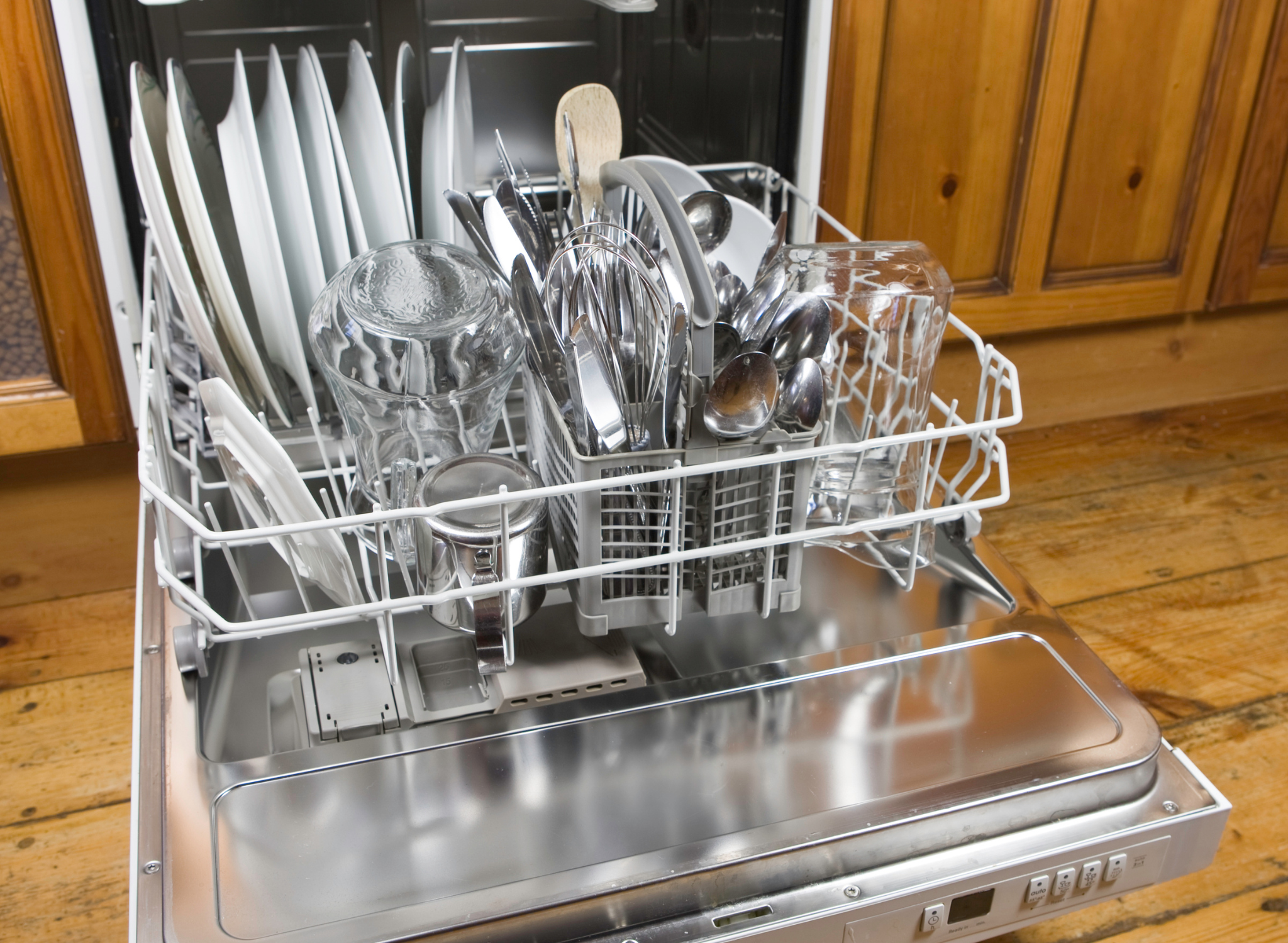Here’s What You Need to Know
If you’ve ever found yourself running low on dishwasher detergent and wondered if you could just grab some dish soap from the kitchen, you’re not alone. The idea of using regular dish soap in a dishwasher seems like a quick fix, but is it safe? And more importantly, will it clean your dishes effectively?
In this blog post, we’ll dive into why you should never use dish soap in a dishwasher and what could happen if you do. Plus, we’ll explore some alternatives in case you find yourself out of dishwasher detergent.
What’s the Difference Between Dish Soap and Dishwasher Detergent?
To understand why using dish soap in a dishwasher is a bad idea, it’s important to first know the difference between dish soap and dishwasher detergent.
-
Dish Soap: Dish soap, often used for hand washing dishes, is designed to cut grease and create lots of suds. It’s formulated to be gentle on your hands but powerful enough to clean dishes in the sink. However, it’s designed for manual use, not for high-powered machines.
-
Dishwasher Detergent: Dishwasher detergent is formulated specifically for dishwashers. It has a low-suds formula, which is ideal for the high-pressure washing system in dishwashers. Additionally, it contains special enzymes that break down food particles and stains, helping to get your dishes sparkling clean without leaving residue.
Why You Should Never Use Dish Soap in a Dishwasher
While it might seem tempting to grab a bottle of dish soap in a pinch, there are several reasons why it’s not a good idea.
1. Too Many Suds!
Dish soap creates a lot of suds. In a dishwasher, those suds can quickly get out of control and cause the machine to overflow. You might find yourself with a sudsy mess all over your kitchen floor, as well as dirty, soapy dishes. Dishwashers are designed to handle a very specific amount of suds, and dish soap will easily overwhelm the system.
2. Potential Damage to the Dishwasher
Excessive suds not only create a mess, but they can also damage your dishwasher’s components. The suds can interfere with the dishwasher’s motor and sensors, possibly causing malfunctions or even requiring expensive repairs.
3. Ineffective Cleaning
Even though dish soap is great for hand-washing, it’s not formulated to handle the high-temperature water and pressure used in dishwashers. Without the right balance of enzymes and other ingredients, dish soap won’t be as effective at breaking down food particles and grease on your dishes. You might find that your plates and glasses are left with streaks, film, or food residue.
4. Potential for Residue
Since dish soap creates so much foam, it can leave behind residue on your dishes, leaving them looking cloudy or greasy. This is especially problematic for items like glasses, which can develop unsightly streaks that are difficult to remove.
What Happens if You Accidentally Use Dish Soap in a Dishwasher?
If you’ve made the mistake of using dish soap in your dishwasher, don’t panic. Here’s what you should do:
-
Stop the Cycle Immediately: If you notice too many suds and foam spilling out of the dishwasher, cancel the cycle and turn off the machine.
-
Clean Up the Suds: Carefully wipe up the foam from the floor and any exposed areas of the dishwasher.
-
Run a Rinse Cycle: Once you’ve cleaned up the mess, run an empty rinse cycle to remove any soap residue from the dishwasher.
-
Wash the Dishes by Hand: You may need to wash your dishes by hand to remove any soap residue before putting them back in the dishwasher.
What Can You Use Instead of Dishwasher Detergent?
If you find yourself out of dishwasher detergent and can’t make it to the store, there are a few alternatives you can try (though it’s important to remember these are temporary solutions).
-
Baking Soda: Baking soda can help break down grease and odors, making it a decent substitute in a pinch. Simply add a tablespoon to the bottom of the dishwasher before running a cycle.
-
Borax: Borax is another cleaning agent that can work as a substitute for dishwasher detergent. Use it sparingly (about one tablespoon per load) to help clean your dishes.
-
Vinegar: White vinegar is a great option for removing stains and hard water deposits, but it won’t clean food residues as effectively. Use it in the bottom of the dishwasher during the rinse cycle for added shine.
-
Lemon Juice: If you’re in a real bind, lemon juice can help clean your dishes. It’s an acidic agent that can break down grease, and it will leave your dishes smelling fresh.
Note: These alternatives should be used sparingly, as they are not formulated to clean dishes as effectively as proper dishwasher detergent.
Stick to Dishwasher Detergent for Best Results
While it may seem harmless to use regular dish soap in your dishwasher, the consequences can be far more than just a mess. Excess suds, ineffective cleaning, and potential damage to your dishwasher can be frustrating and costly. It’s always best to stick to dishwasher detergent, as it’s formulated specifically for the job.
If you’re ever out of detergent, there are temporary alternatives, but they should only be used sparingly and in situations where you don’t have another option.
Ultimately, for clean, spotless dishes and a smooth-running dishwasher, make sure you’re using the right detergent for the job!



